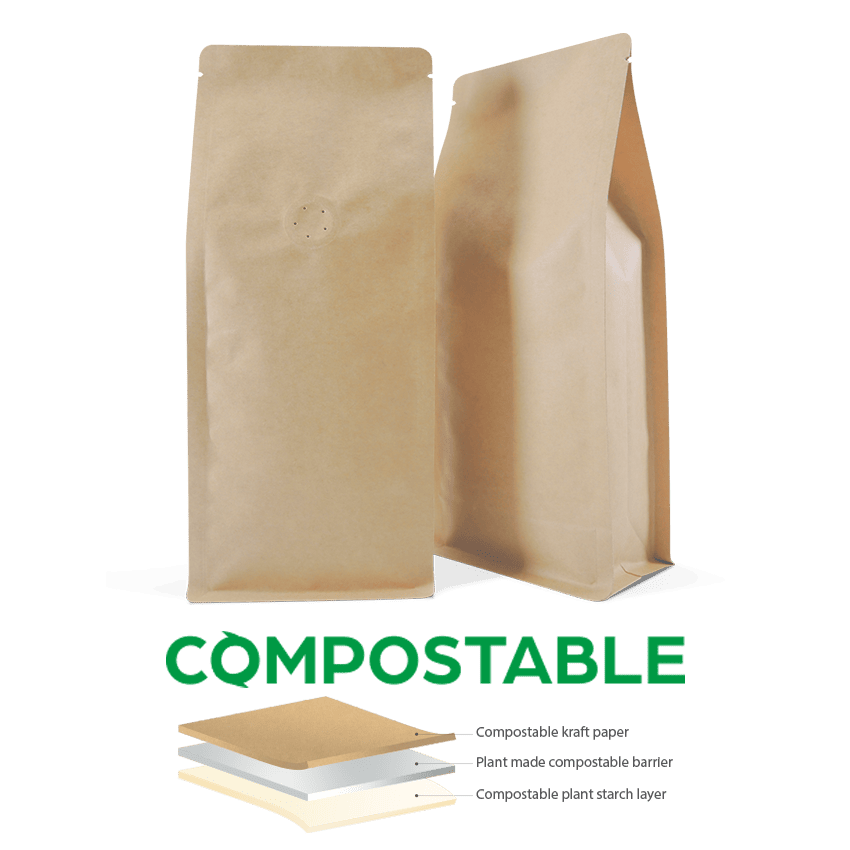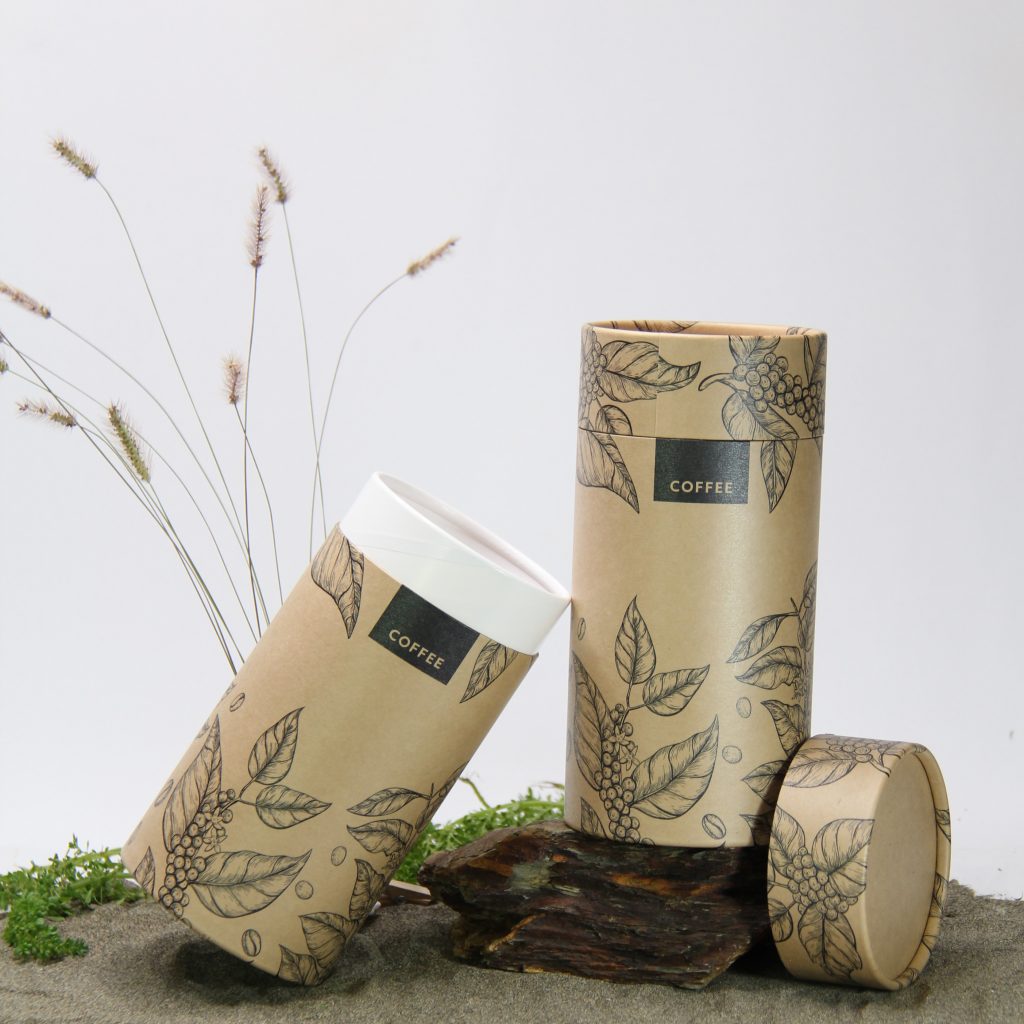Unkategorisiert
6 Sustainable packaging trends businesses can’t ignore
It’s virtually impossible to avoid the issue of sustainability these days, with the climate crisis so prominent in the media. Customers are seeking eco-friendlier solutions when purchasing products which means that businesses need to pay attention to their processes and packaging to accommodate the demands of the consumer. Here are six sustainable packaging trends that businesses need to be aware of.
A focus on recyclable materials

One of the biggest sustainability trends is the use of recyclable materials for packaging, wherever possible. Businesses can now also integrate recycled plastics, paper and even glass into their packaging to make them more environmentally friendly. While recycled materials can weigh more as a result of the density of the material, it reduces the amount of waste going to landfill. If your business once used plastic to package products, making the switch to paper or glass can appeal to consumers seeking sustainable options.
Reduced packaging size
The packaging you choose matters for your product and your business as a whole, but it’s not just the material and aesthetics you need to consider – it’s also the size. One of the easiest ways businesses can make their packaging more sustainable is by simply using less of it, which means reducing packaging sizes. Many businesses contain their products in packaging that’s far bigger than it needs to be. Reducing the size to something more appropriate for the product will reduce the amount of packaging required and minimise transport costs.
Design with reuse in mind
Reuse can be trickier for businesses to envision than recycling, as it requires us to move away from how we handle packaging currently as part of our throw-away culture. Reusing packaging means that durable materials need to be used that are able to withstand washing and sterilisation, as well as a broader infrastructure to handle the collection and processing of packaging. The goal with this trend is to promote a more circular economy to prevent sending items to landfill, but it requires a systems-based approach rather than just considering the packaging individually.
Sticking with mono materials
Composite packaging which is made from various materials is one of the biggest hurdles when it comes to recyclability. The reason is that recycling these types of packaging is more challenging due to the different layers needing to be separated, which can be impractical and costly. Manufacturers seeking a more sustainable option should stick with mono-material packaging, which despite often being heavier and bulkier than composite packaging, is easier to recycle and process once it’s been used.
Clear labelling
Clear communication for your customers is paramount, so a trend that we’ll see more of in the future is businesses using clear labelling to highlight how their packaging fits sustainable practices. Not only should the labels showcase the ways in which businesses are striving to create sustainable practices, but it should also inform customers how they can recycle the packaging after use so that it doesn’t go to landfill. Clearer labelling can even be a selling point for customers looking for alternatives to plastic, so it can help businesses reach a wider audience.
Switch to biodegradable materials
A popular option that many businesses are looking to is biodegradable materials that break down over time. This removes the need for recyclability completely, as the packaging will naturally degrade. However, companies need to do their research to ensure that the materials they choose truly are biodegradable – some suppliers claim they offer biodegradable solutions when, in reality, their packaging can take over a decade to break down. While this may not seem like too long, other businesses can provide solutions that means their packaging degrades in around 90 days.
Final thoughts
Sustainability is at the forefront of everyone’s minds now, so it’s something that businesses really need to prioritise to boost their reputation and green credentials. Business owners need to consider more out-of-the-box thinking to create sustainable solutions that consider the packaging itself but also the wider processes and infrastructure required. If you’d like further information about the sustainable, eco-friendly packaging solutions The Bag Broker provides, contact us today.



